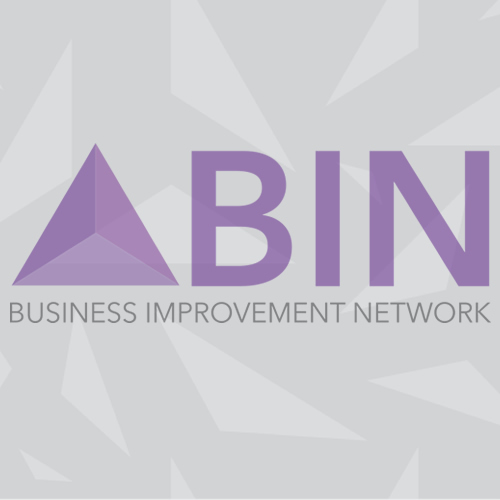The Comfort Zone
By

Is the comfort zone too comfortable?
When people talk about the Comfort Zone, what do they actually mean?
It is defined by Lifehacker as “ a behavioural space where your activities and behaviours fit a routine and pattern that minimises stress and risk”. Whilst the comfort of avoiding stress and risk may sound like the easy and preferred option, what if you are limiting your potential to achieve more, either professionally or personally by sticking to what is familiar and safe? Understandably so, the contentment found in the status quo can sometimes far outweigh the risk involved in stepping out into the unknown, and for which there is no guarantee of success.
So at what point does our consciousness recognise that we choose to 'Play it Safe' in our lives?
Over the years of supporting development in individuals; we’ve all too often witnessed this position is triggered by an awakening of sorts. The trigger can be unexpected events such as a job loss, injury and unplanned change in life circumstances. Whatever the trigger is, it is often harsh, unwanted and we are ill prepared for the aftershocks, often left questioning what you took for granted or considered to be ‘normal’ and how you got here.
What is overlooked during this period of awakening is how we land here in the first place?
At first we can justify to ourselves and others who’ll listen any such change in our position was down to a lack of resources, over commitments and circumstances beyond our control for example. However when the excuses begin to wear thin and we find ourselves alone with our thoughts we consider much more deeper reasons. One of these reasons being, we might have unconsciously allowed ourselves to outsource our choices and life learning to our partners or others in favour of an easy life, choosing the easy option instead of leaning in and tackling our 'real issues' head on.
Many of us, often overlook the fact that our earlier influences were based upon the notion of needing to 'be comfortable' and ‘risk adverse’. Language such as, “you can’t do that” or “this will be too risky, take the easier route” are examples that might sound familiar. This early priming can be very difficult to spot or indeed recognise until you have been awoken.
We learn from birth to be dependent on others, our parents and carers and for good reason as without them we would not survive. However growing out of dependency requires an awareness that many of us seem to struggle to find until later on in life. Sometimes at an extremely painful cost to ourselves. Mid life reassessment appears to be an important stage where we experience a new version of ourselves, one that is full of complexity, awareness and anxiety that perhaps through the 'play it safe' programme did not appear as a favourable option for us to explore.
So what to do about it?
The decision making behind whether the risk is worth taking, can depend on several factors such as:
level of risk, consequence of failure, stage of life, surrounding social and peer pressures, personal motivation and value to be had, personal characteristics and so on…
This is not a space that you often go to others to go figure this out, you have to look mostly inwardly at yourself and figure this out for you.
Some thought starters…
Why do we therefore wait to acknowledge the skills needed to work away from our comfort zone?
Why has it become too easy to ignore this space until it's so frightening that we have to address it?
What do I really consider to be risky at this point in time and do I believe I will feel the same in 10 years time?
With the list of factors being endless and all the internal talk one might find themselves doing, sometimes taking a simple leap of faith is the only thing to do. The risk may pay off beyond anything you could imagine, or you could fall flat on your face, but isn’t it better to try than not at all? And through trying you grow?
After all, isn’t that what living is about?...... growth?
About the author
Amanda Childs, currently Head of Business and Customer Excellence for Siemens Financial Services. With a background in Human Resources and Business transformation work within the UK and Europe. Mala Joshi, currently IT Governance Manager for Siemens Financial Services. With An extensive background in IT and Governance projects across the UK and Europe.
Enjoyed reading these articles?
Have you got something you can share with the Network. Why not submit an article